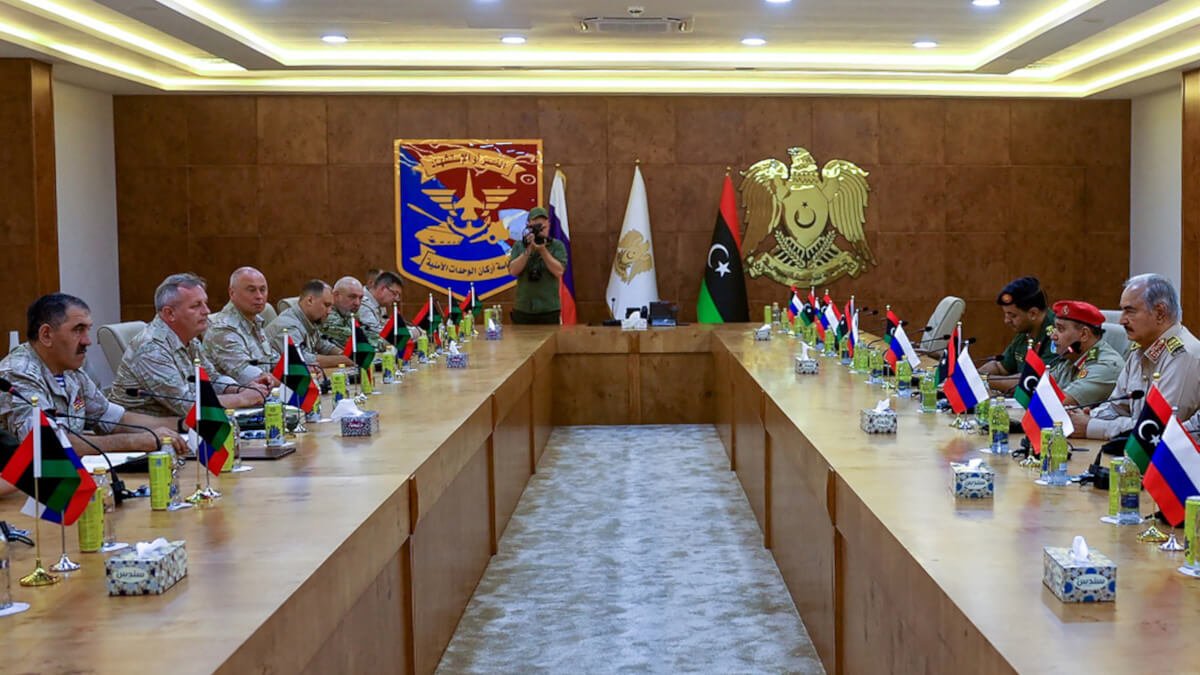Russia’s Role in Libyan Politics: A Cause for Concern in the West
Russia has emerged as a significant player in Libyan politics, not only through the deployment of Wagner Group mercenaries and support for military commander Khalifa Haftar but also by actively engaging with various parties, including the government of Abdul Hamid Dbeibeh. Libya holds strategic importance for Russia in Africa.
The resurgence of the Libyan issue in Western discussions stems from US apprehensions about Moscow’s expanding influence in the North African nation. There’s a push to endorse UN Representative Abdullah Batelli’s proposal, announced in early November, while questioning its viability. Libyan sources indicate that US and European actions, ostensibly in support of UN initiatives, aim primarily to thwart any political solutions that could favor Russia and its allies in Libya. The crisis remains unresolved due to escalating regional and international tensions.
The West, particularly the US and Europe, is wary of Russia’s potential sway over Libya, evident from the 2021 elections, which were postponed amid objections, primarily from Washington and London, regarding parties aligned with the Kremlin. Similar to 2021, Western intentions aim to obstruct any resolution or alignment of Libyan interim forces with Russian interests, reminiscent of their actions during the international 5-party initiative three years ago, which was perceived as a European initiative rather than one driven by Libyan interests.
Meanwhile, as Russia’s influence extends into the Sahel and Sahara regions, particularly in countries undergoing revolutions, Western concerns about Moscow’s role in Libya are mounting. This concern is heightened in the eastern and southern regions of Libya, where movements to reduce French influence are observed across various sectors, including the economy, security, and military.


















